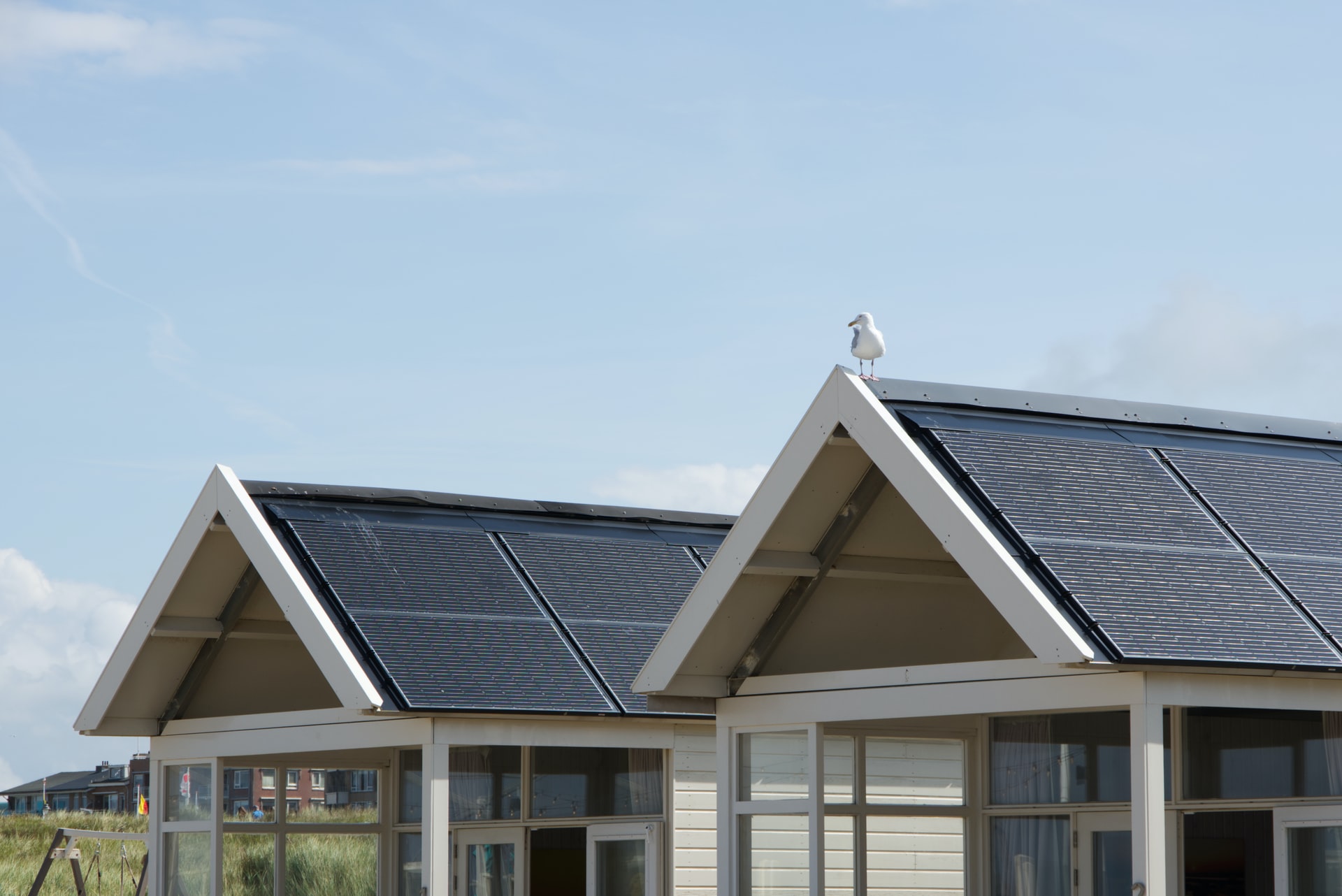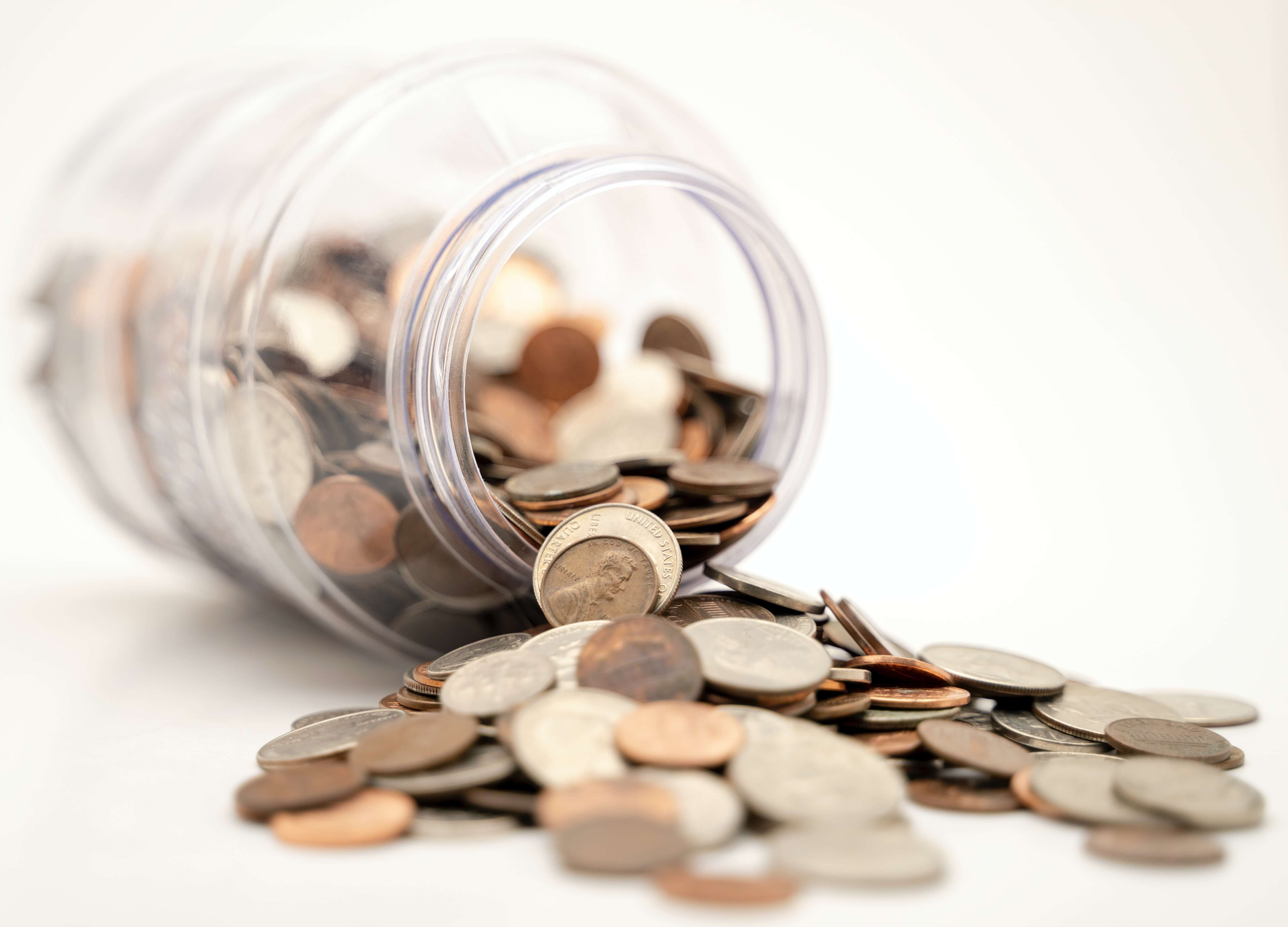Smart Energy GB has been working hard this year to convince every UK household to order a smart meter. Their TV ads have been inspirational to some and cringeworthy to others, but nobody can deny that it’s got the nation talking.
Here, we set out our ultimate guide to smart meters, giving you a balanced view on the pros and cons and hopefully helping you decide whether they’re right for you.
What is a smart meter?
Smart meters are the newest version of meters. In smart mode, they read how much gas and electricity you are using and then send that data to your supplier. They can also operate as a traditional meter. Check out this guide if you want to learn how to read your smart meter.
How does it benefit me?
Smart meters track your energy usage in real-time, putting an end to estimated billing. This means that you will receive an accurate bill for the amount of energy you actually consumed.
Smart meters also show you when you are using the most energy. With this knowledge, you can cut energy costs and lower your bills. You will also be able to switch to different tariffs which may be cheaper than the one you are currently on.
If you are on a prepayment customer, your supplier may offer you new ways of topping up your meter so you don’t have to visit a shop. You will also be able to see how much credit you have on the display and you can set the meter to automatically top-up.
Does my smart meter emit radiation?
Smart meters use radio waves to send your energy readings to your supplier. According to Dr. Azadeh Peyman, a scientist at Public Health England (PHE), smart meters usually release radio waves that are 1 million times lower than the internationally agreed limit. In fact, smart meters emit fewer radio waves than your smartphone. So, if you’re not afraid of your phone or your microwave, then no need to be nervous around your smart meter. Data on sources of radiation were taken from here and the international limit was found in this very long document.
Can my supplier charge me more based on my smart meter data?
Hypothetically yes, but it is not happening right now. Your supplier has access to data from each of its customers. With this data, they could sift through it to determine when the most energy is being used and raise prices during the surge. This would take a lot of time and some very complex algorithms.
It’s unlikely to be a priority for major energy companies to use smart meter data to charge you more. They stand to gain a lot more money by switching loyal customers to Standard Variable Tariffs - something they’ve done for years without the aid of a smart meter.
If energy suppliers were to start using smart meter data to overcharge customers, Ofgem would take a stand. Remember that Ofgem’s main purpose is to protect the consumer and limit monopolies.
What data does my energy company get from smart meters?
Your supplier can track your meter readings but it’s your choice how much data they have access to. You also can decide if you don’t want your data shared with other organizations and used for marketing purposes.
Unless you specifically say otherwise, your supplier will take a daily meter reading of your energy usage. Your meter will track your energy consumption every 30 minutes but your supplier needs to ask for your approval in order to see the data collected at this rate.
For more information on how your supplier is specifically using your data, it's best to give them a call.
Can I still use my smart meter when I switch?
Having a smart meter doesn’t affect your ability to switch. However, if you have a first-generation smart meter (SMETS 1), your new supplier may not be able to operate it. This happens because SMETS 1 stores data on a sim card. If your new supplier cannot connect to it, then it loses its “smartness” and operates like a traditional meter (“going dumb”). During 2018, suppliers began to install the second generation of smart meters (SMETS 2). This new version will make switching easier because the Data and Communications Company (DCC) created a new network linking smart meters to all suppliers.
What is the difference between SMETS 1 and SMETS 2?
Basically, the only difference between SMETS 1 and SMETS 2 is how they send data. SMETS 1 is through a sim card and SMETS 2 uses the DCC infrastructure. The government is hoping to upgrade SMETS 1 by 2019 so they can operate on the same network as SMETS 2.
Why is the government requiring smart meters?
The government is requiring all suppliers to offer smart meters to consumers by the end of 2020. The hope is that meters will decrease consumer costs, increase operational efficiency and provide more knowledge about renewable energy. In short, the UK is pushing smart meters to lower the country’s carbon footprint.
If you don’t want a smart meter, you do have the right to refuse.
If you want a smart meter and your supplier hasn’t offered you one, all you have to do is ask. Almost all large suppliers are now able to provide smart meters.
So, what are you waiting for?
- We save you more time and money than comparison sites and our free competitors. And what’s more, you’ll only be charged for our service if and when we get you a saving of £50 or more.
- Its quick to sign up, then hassle-free thereafter.
- Auto switching is for those who want to save money, but don’t have the time or patience to keep switching. If you want to save money hassle-free, auto switching may well be for you.




